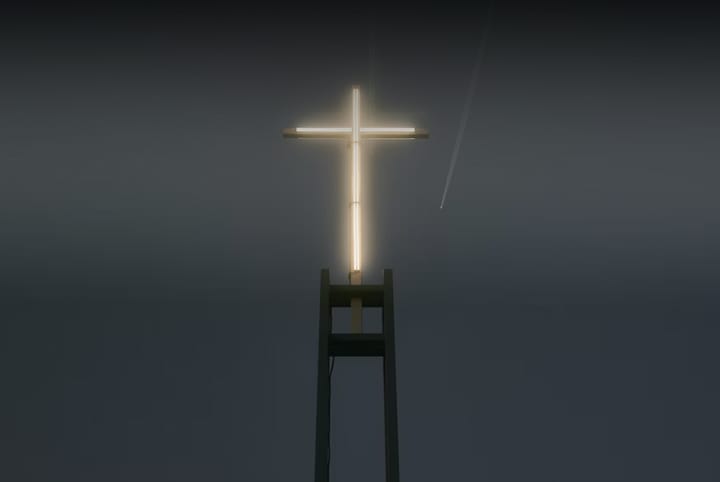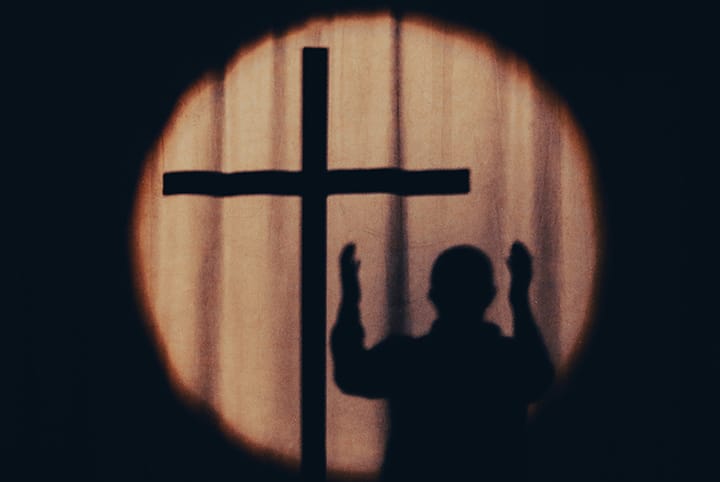In Job 16:11-22, we see the depth of suffering. Job feels that God himself has given him over to the wicked. The divine wrath is described in a terrifying metaphor, like an arrow piercing the heart of life. This suffering does not come only from humans, but it feels like God has turned away from him.
Job does not understand why all this is happening. He has lived a righteous life, yet he is the object of wrath. He weeps, wears sackcloth, and prays with a broken heart. But in the midst of the dark suffering, a small light appears: Job declares that his witness is in heaven, that there is One who will plead for him before God.
This statement is powerful and echoes into the future. For later, we find that there really is an intercessor, a witness before God who defends humanity—Jesus Christ. He is a witness for the oppressed, a voice for the helpless, and an advocate for those who suffer injustice. Jesus himself experienced what Job felt: mocked, scorned, beaten, even crucified. However, in that suffering, the plan of salvation is revealed.
Bible friends, in life we often do not get direct answers to the suffering we experience. Like Job, we may feel that the world and even God himself has abandoned us. We may ask, "Why me? Why must it be like this?" However, faith is not about getting all the answers to all the questions that arise in response to the dynamics of life, but the courage to look and hope in Him even though what we often encounter is silence. When we face difficulties, let us learn to look up to God. Don't just focus on the suffering, but believe that there is an invisible hand that is carving something in our lives. Like a river stone that is polished by the current, our lives are being shaped into something more beautiful.

























